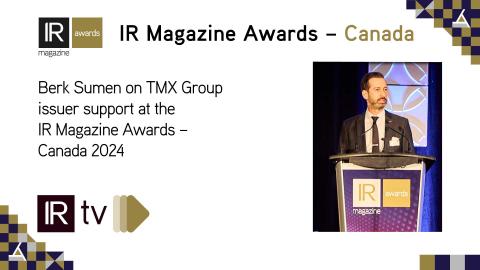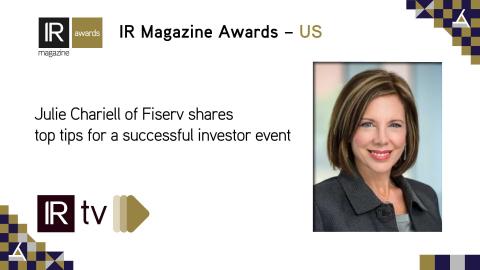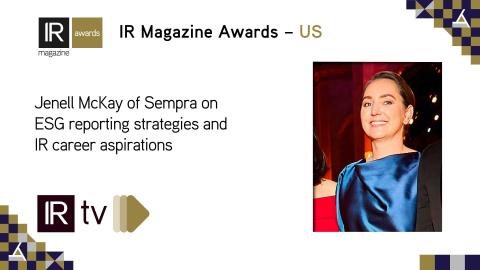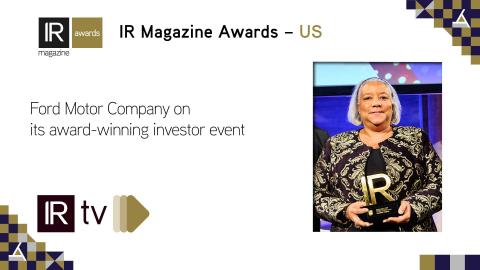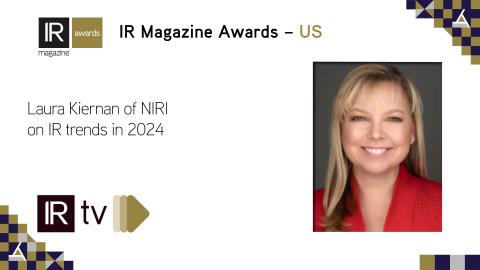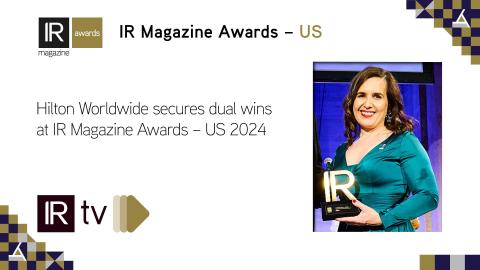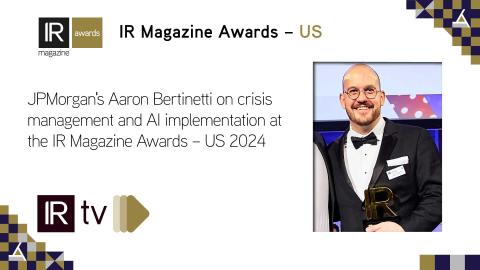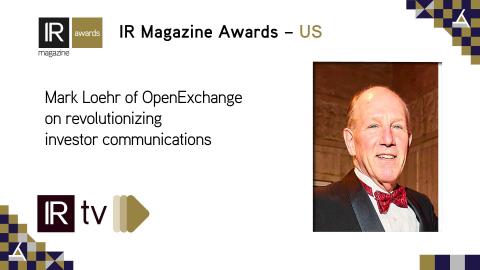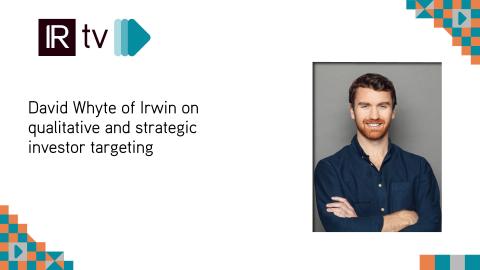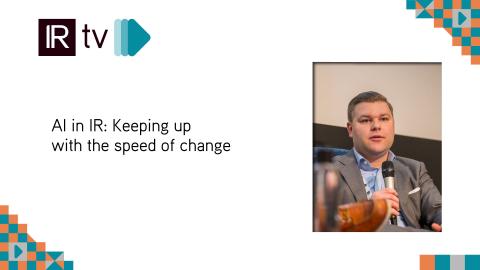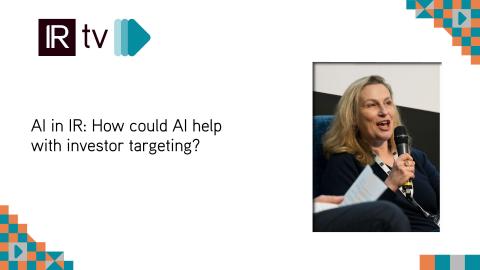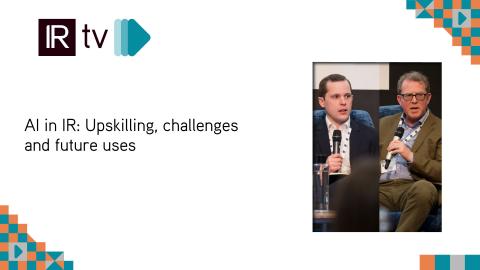Some senior public company roles are shifting from a linear to non-linear career path, a fact that can help IR professionals move into those positions, according to Smooch Repovich Reynolds, founder and CEO of SmoochUnplugged, an executive search firm.
‘The notion of a linear career path versus [non-linear] started changing about 10 years ago predominantly with the CFO role, when CEOs started thinking, I need less of a quantitative headset at my strategic leadership table, and I need someone who’s going to be a business thought partner,’ says Reynolds.
‘We saw a huge influx of executives who were general managers of country regions and presidents of operating groups move into the CFO role, and have their direct reports be those finance specialty area experts.’
Over the last several years, an increasing number of IR professionals have stepped up to CFO roles. With the finance career path evolving, what skills and experience can help IROs make that move?
‘All IROs need to continue to evolve and grow their business acumen and their ability to think broadly across an enterprise, so they can be a contributor to a higher-level conversation with the CEO and others about where a company’s headed directionally,’ says Reynolds.
‘If you think critically about how you can add value to that conversation, even if you have very little knowledge at the beginning, I think people will be receptive to including you in those meetings. And that’s where, through active listening and participating in the conversation, you can really learn a lot.’
This is the sixth episode in a video series focused on helping IR professionals achieve their career goals. If there’s a particular topic you would like to see discussed, please email tim.human@irmagazine.com.
